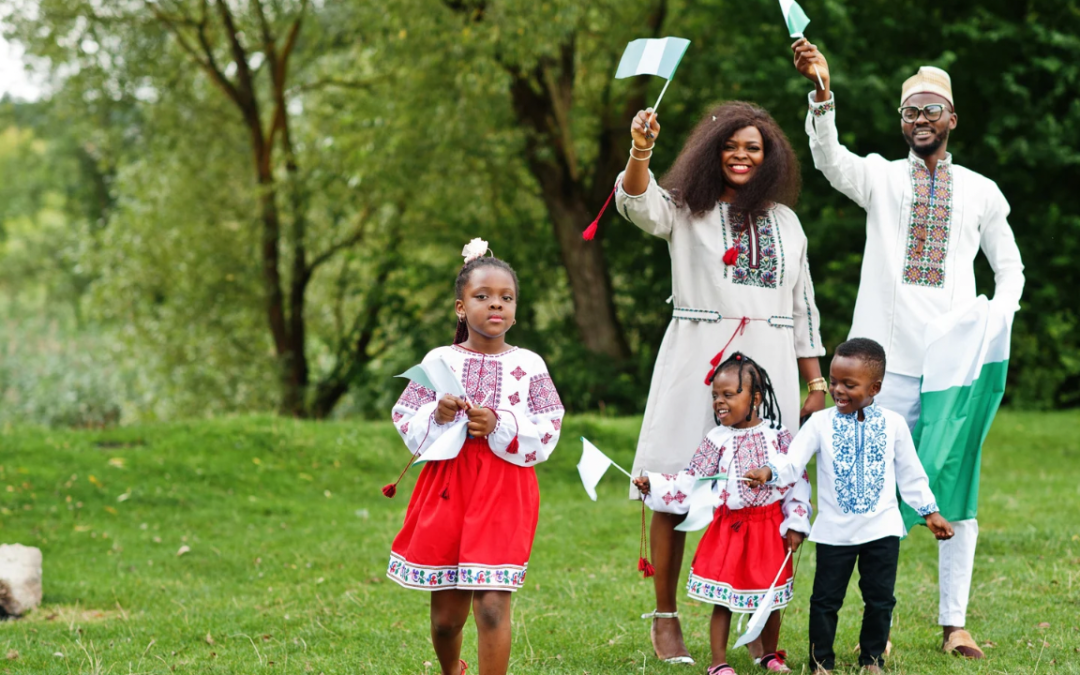Nigerians have always had a significant presence on the world stage, whether through their contributions to culture, economics, or politics. But how do Europeans perceive Nigerians? This question is layered with complex factors, from historical context to the present-day realities of migration, diaspora communities, and media portrayals. In this article, we’ll explore the common perceptions, both positive and negative, of Nigerians in Europe.
A Rich Cultural Heritage
One of the most widely recognized aspects of Nigerians by Europeans is their rich cultural heritage. With over 250 ethnic groups, Nigeria is a vibrant mosaic of languages, traditions, and customs. The Yoruba, Igbo, and Hausa cultures are the most well-known globally, and their art, music, and fashion have made waves across the continent. Nigerian music, especially Afrobeats, has gained international recognition, with artists like Burna Boy, Wizkid, and Davido bringing Nigerian sounds to European audiences. This cultural influence has fostered a positive perception among Europeans, particularly those with a keen interest in world music, art, and fashion.
The Nigerian Diaspora: A Community of Achievers
Europe is home to a thriving Nigerian diaspora, contributing significantly to various sectors such as business, education, medicine, technology, and more. Nigerians in Europe are known for their entrepreneurial spirit, often starting businesses and contributing to the local economy. The Nigerian community is often seen as hardworking, ambitious, and determined to succeed. This image of achievement helps challenge the negative stereotypes that may arise from media portrayals of Nigeria.
The Stereotypes: A Double-Edged Sword
However, Europeans’ perceptions of Nigerians are not always entirely positive. Much of this stems from negative media portrayals that often focus on issues like corruption, fraud, and poverty in the country. The infamous “419 scams,” a term linked to fraud originating from Nigeria, has unfortunately influenced how some Europeans view Nigerians, leading to an unfair generalization. Many Europeans, influenced by these portrayals, may have a skewed or limited understanding of the vast diversity and opportunity within Nigeria.
In addition, historical factors, such as the legacy of colonialism, can play a role in shaping negative stereotypes. During the colonial era, Nigeria, like many African countries, was subjected to economic exploitation and political marginalization, which led to a complex relationship with Europe. This historical context sometimes contributes to lingering biases that continue to affect how Nigerians are perceived in Europe.
The Changing Narrative
Fortunately, as globalization continues to foster cultural exchange, the narrative surrounding Nigerians in Europe is gradually shifting. Increasingly, Europeans are exposed to the diversity and complexity of Nigerian society through education, social media, and the arts. Nigerians are no longer solely viewed through the lens of poverty or crime but are increasingly celebrated for their resilience, creativity, and contributions to global culture.
The younger generation in Europe, in particular, is becoming more open-minded and accepting, with many forming friendships and professional connections with Nigerians. Through these interactions, they begin to understand the multifaceted nature of Nigerian culture and society, breaking down stereotypes and fostering mutual respect.
What Can We Do to Improve Perceptions?
To further improve how Europeans perceive Nigerians, it’s essential to continue challenging stereotypes and highlighting the positive contributions of Nigerians. More stories of success, resilience, and cultural exchange should be shared across media channels. Personal interactions also play a crucial role in changing perceptions. When Europeans engage with Nigerians on a personal level—whether through travel, business, or social activities—they often discover the warmth, hospitality, and generosity that Nigerians are known for.
Conclusion
In conclusion, Europeans’ perceptions of Nigerians are shaped by a mix of history, media portrayals, and personal experiences. While negative stereotypes still exist, there is a growing awareness and appreciation of Nigeria’s rich culture, the success of the Nigerian diaspora, and the resilience of the Nigerian people. By continuing to engage with each other, share experiences, and challenge misconceptions, we can build stronger, more positive connections between Nigerians and Europeans.
Discover the Best of Nigerian Culture with Loyalty Travels and Logistics Ltd.
If you’re looking to experience the beauty and richness of Nigerian culture firsthand, Loyalty Travels and Logistics Ltd. can help you plan your perfect trip. From seamless travel logistics to unforgettable cultural experiences, we ensure that your journey is hassle-free and filled with memorable moments. Trust us to make your travel dreams come true. Reach out today and let us help you explore the best of Nigeria and beyond!
#NigerianCulture #NigeriansInEurope #CulturalExchange #Afrobeats #NigerianDiaspora #PositivePerceptions #Nigeria #TravelWithLoyalty #ExploreNigeria #LoyaltyTravels #LoyaltyTravelsAndLogistics

